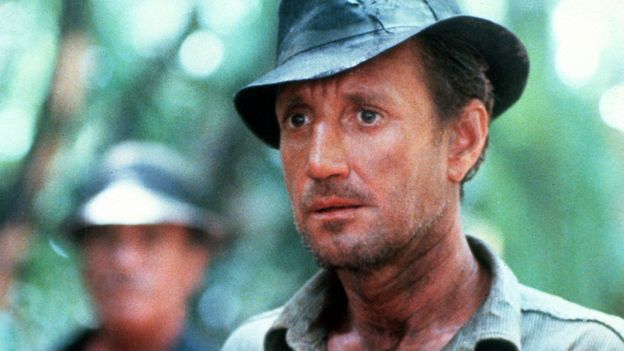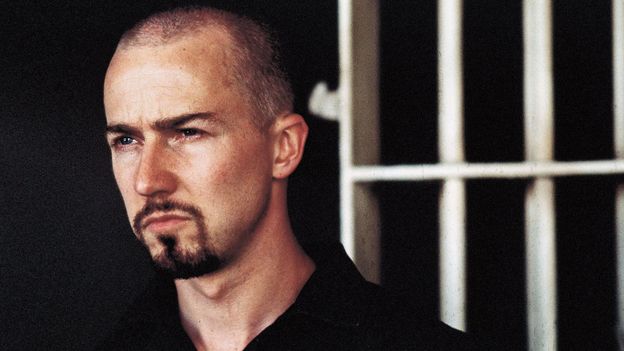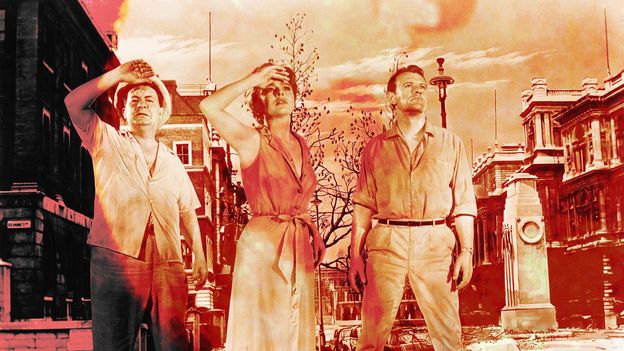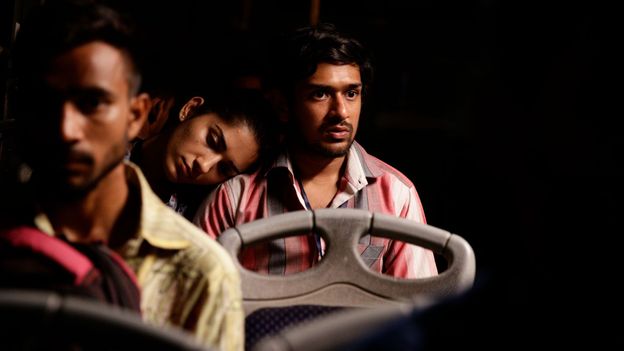An ambitious, budget-busting adventure-thriller set in a South American oil refinery town and its surrounding mountainous jungle, Sorcerer was intended as a loose remake of Henri-Georges Cluozot’s undisputed 1951 classic Wages of Fear. It was also well-poised to be a gargantuan flop when it was released the same summer weekend as George Lucas’ much more straightforward blockbuster Star Wars.
But that box office battle belied the spellbinding, strange, existential thriller itself: it was a terse, brilliantly hewn film, made with hard graft and featuring real rainforest exploits, soaked in endless tropical rain and humid sweat. It also had a fatalistic spirit that made it the most seventies of 70s movies (ie there were no requisite narrative resolutions, never mind happy ones.)
A masterclass in tension
The tense story – as with Wages of Fear – is of criminals on the lam who go on what may well be a suicide mission to transport a truck full of highly explosive nitroglycerine down a treacherous road.
The opening prologues of the film take us to New Jersey, where Jackie Scanlon (Roy Scheider, Jaws star and the closest to a big Hollywood name the film had) is involved in the heist of a local church; Paris, where Victor Manzon (Bruno Cremer) is a banker involved in business fraud and on the verge of being ruined; Mexico, where Nilo (Francisco Rabal) is a mysterious hitman, and Jerusalem, where Kassem (Amidou), a terrorist, has blown up a bank. As a result of their misdeeds, all four have ended up in the remote Colombian village of Porvenir, and when there is an explosion at the local oil refinery and dynamite is needed to quell the continuous fire, the adventure of the story begins.
With combined funds from both Paramount and Universal Studios, Friedkin – who was essentially given carte blanche after the astronomical box office success of The Exorcist – marched into the jungles of the Dominican Republic, sometimes halting production to literally build roads through the wilderness. Various crew members were bed-ridden with malaria and other tropical maladies, and the unpredictable weather led to costly delays.













